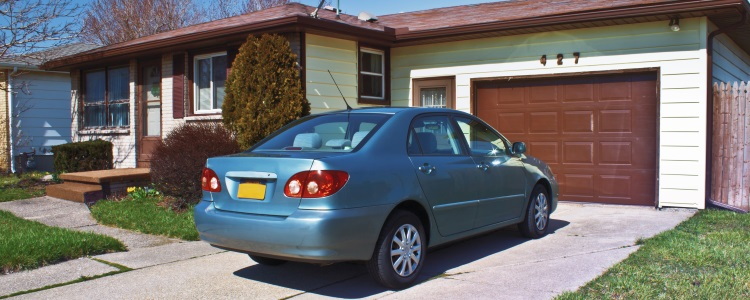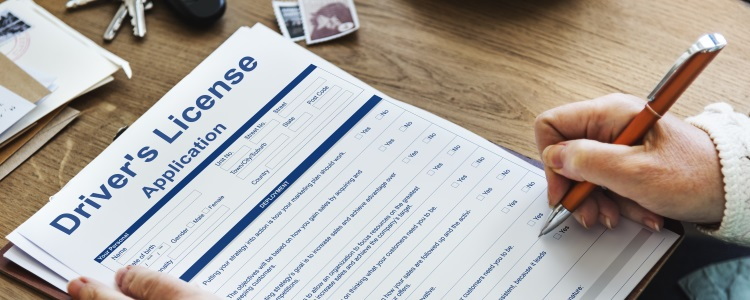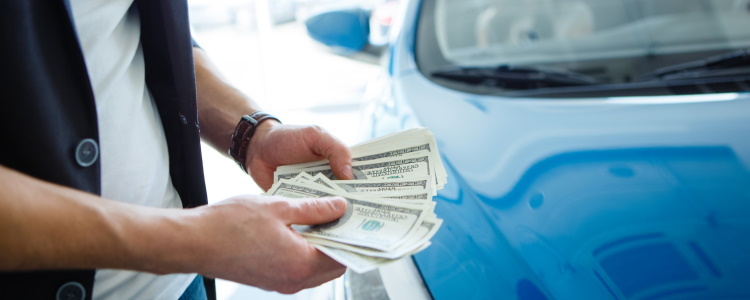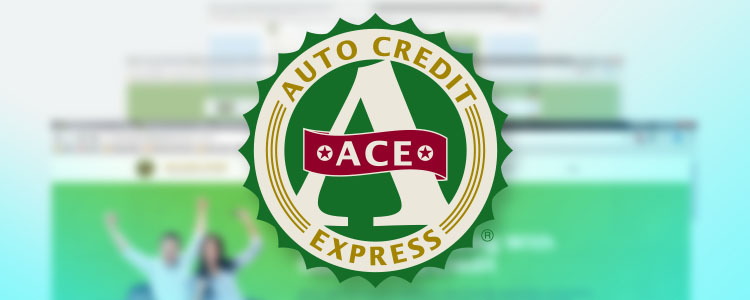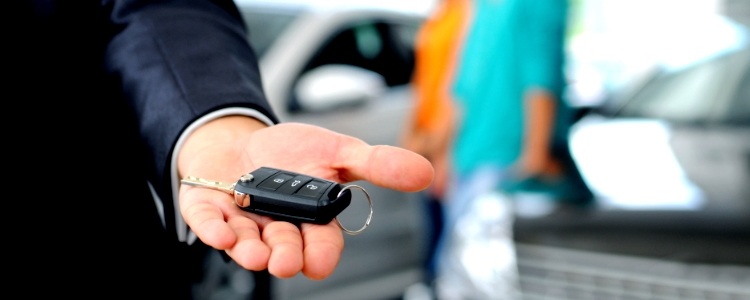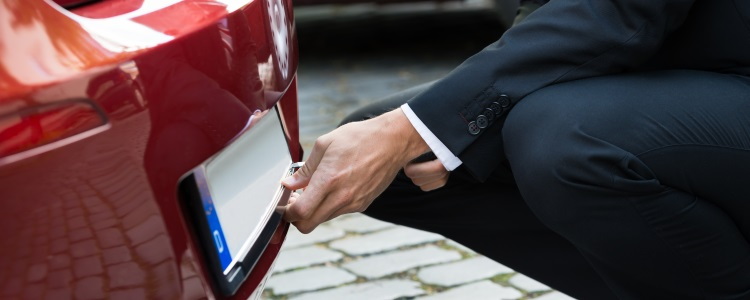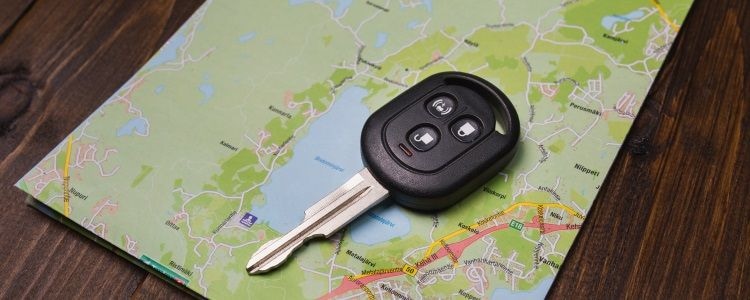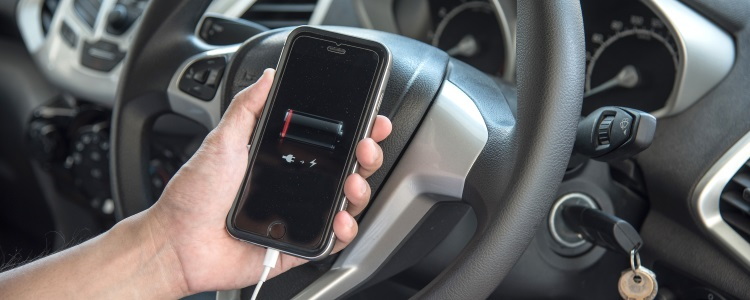Do you need a driver's license to buy a car? The short answer is that in most cases you don't, but unless you pay cash, you won't be able to get it on the road.
Driver's License Questions
Because of our knowledge of auto finance here at Auto Credit Express, we typically receive more than two hundred questions each month from car buyers, most of them dealing with credit challenges. Here is just one:
"Do you help with trade-ins and using a car as a down payment? I also do not have a license. Is that a problem?"
There are a number of parts to the answer, so let's begin.
To start with, it sounds like this borrower thinks Auto Credit Express is a bank. We aren't. We simply match consumers to dealers in their area that work with a wide range of lenders, so even if this person has less-than-perfect credit, the finance department will have the experience to understand the situation.
Using a Trade-In as a Down Payment
To answer the first question, most lenders will accept a trade-in as a down payment on a car loan. But there isn't much information here. We don't know the value of the trade-in, or if the trade-in is paid off and, if it isn't, we don't know if there is any equity in it.
In other words, if it isn't paid off, is the vehicle worth more than what's owed on the loan? If it's worth less than the loan balance, then this borrower is "upside-down" in the loan. This is called having "negative equity" in their vehicle.
If this person has bad credit, they will typically need to come up with the cash to cover any negative equity, plus even more to cover a down payment.
Do You Need a Driver's License to Buy a Car?
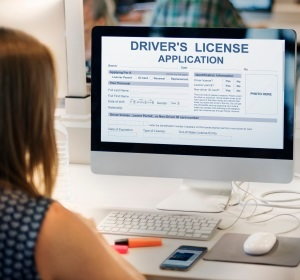 The second question is a little more complicated.
The second question is a little more complicated.
If you're paying cash for a car, you don't need a driver's license to buy it. You also don't need a driver's license to title it or insure it.
Technically, you also don't need a driver's license to finance a car, as most banks will accept a valid state ID. You also won't need a license to title it.
Where you'll run into problems is when you try to register the vehicle. Remember, you can't buy license plates for a car until you register it with your state's Department of Motor Vehicles or Secretary of State's office. But in order to do that, you'll need a valid driver's license — and the name on the registration has to match the name on the title.
If you paid cash, you can title it in the name of someone with a valid driver's license and they can register the vehicle. Keep in mind, however, that the vehicle will legally belong to them because their name is on the title. It also means that you can't drive it because you don't have a valid driver's license.
But if you're financing a vehicle, the lender is going to require that your name, and only your name, is on the title. Without a valid driver's license, you won't be able to register the vehicle and, without a registration and license plates, you can't legally drive the car on public roads.
Getting a Vehicle during Suspension
Technically, you don’t need a driver’s license to purchase a vehicle, especially if you’re paying in cash. When financing, some lenders will accept a valid state ID, but whether or not you can finance without a valid license depends on lender requirements.
The trouble comes when you’re trying to register and insure the vehicle – which, in most states, you can’t do if you don’t have a valid license. This is because you can’t get insurance without a valid license and anyone financing a vehicle is required to have full coverage insurance in their name. Additionally, in an effort to lower the number of uninsured drivers on the road, most states will require that a vehicle be insured before it can be registered.
It’s also illegal to drive a vehicle under a suspended license. So, you won’t be able to drive your car off the lot even if you were to get over all the other hurdles. Every state is different, however, and whether or not you’re able to get all the details worked out can be a matter of where you live.
Waiting out the Suspension
At this point, the best course of action to take is typically to wait until your license is reinstated. Since it pays to be prepared, this is a great time to research vehicles, build your budget, and work on your credit.
 Some tips to keep in mind:
Some tips to keep in mind:
- Make a list of features and equipment you must have for your next vehicle.
- Use online tools to help you estimate loan amounts, down payments, and possible loan terms that'll fit into your budget.
- Calculate your debt-to-income and payment-to-income ratios.
- Get a copy of your credit reports, so you can ensure accuracy and know what to expect when the lender sees them.
- Know your credit scores.
- Make sure all your paperwork is in order for the dealership, including proof of income, residency, a working phone in your name, and six to eight complete personal references.
Remember, a car loan can be a great way to build credit if you’re struggling with challenges. So, when you’re ready, make sure you take the proper steps.
Getting a Car Loan With an Expired License
Recently, we received a similar question from a consumer that went like this: "If my license is expired can I still get a loan?"
The short answer is that consumers with an expired driver's license may qualify for a loan, but chances are that without a current valid license, the lender won't fund the contract so the offer of credit will be void.
Here's the rest of the story.
Lender Rules and Your License
The most obvious answer to the question is, "If your license is expired, why don't you renew it before you apply for a car loan?" Renewing it would solve the problem unless it cannot be renewed – and if it can't be renewed that opens up a whole new can of worms, so we'll just deal with the problem at hand.
Lenders, even those who deal with consumers with bad credit, don't need a driver's license to approve a car loan. But it's what happens after that that can nullify the approval.
That's because all lenders require that borrowers carry full coverage auto insurance on any vehicle secured by a loan. Regardless of credit, you're going to need some form of car insurance. And that coverage also has to be in the borrower's name.
In order to purchase a vehicle policy, however, the borrower has to furnish the insurance company with a valid driver's license.
But it doesn't stop there. Here in Michigan, as in most other states, in order to legally transfer ownership of a vehicle (to obtain a title to it) as well as register it to obtain license plates, the Secretary of State also requires the new owner to furnish proof of insurance, which as we said, you can't get without a valid driver's license.
The Bottom Line
If you don't have a valid driver's license, you can buy a car, but you can't drive it on public roads. If you're financing it, not only can't you drive it, you won't even be able to get license plates for it. So unless you're paying cash, we suggest you work out your driver's license issues before applying for a car loan.
If you have a driver's license but credit problems are standing in the way, we want you to know that Auto Credit Express is here to help. We have a nationwide network of car dealerships that are trained in special finance. This means they have the lenders and know-how to help people in all types of credit situations.
Our service is free, fast, and there's no obligation to buy anything. See what we can do for you by filling out our car loan request form today.
